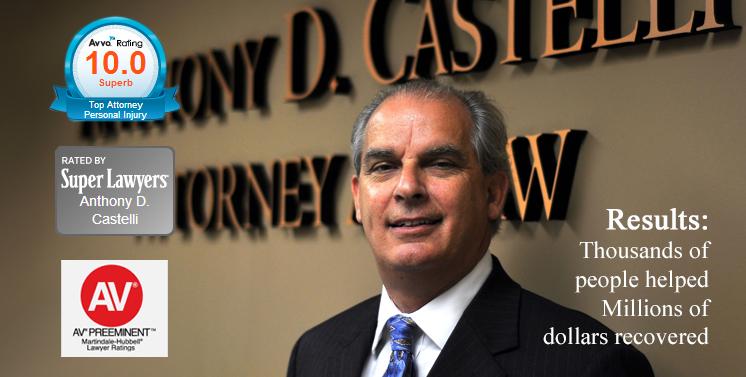Posted: May 14, 2023
Personal injury attorneys rely on a steady stream of new leads in order to build their client base and keep their practice thriving. One way to generate these leads is through the use of digital marketing strategies, such as search engine optimization (SEO), pay-per-click (PPC) advertising, and social media marketing.
However, another effective method that is gaining popularity in the legal industry is the use of chatbots and virtual assistants powered by artificial intelligence (AI) technology. In particular, the use of chatbots powered by large language models like ChatGPT can be an effective way to engage with potential clients and generate new leads for personal injury cases. In this blog post, we’ll explore how personal injury attorneys can train ChatGPT to get new leads for cases.
What is ChatGPT?
ChatGPT is a large language model developed by OpenAI that is capable of generating human-like responses to a wide variety of text-based prompts. It is based on the GPT-3 architecture, which uses deep learning algorithms to analyze large amounts of text data and generate responses that are indistinguishable from those produced by a human being. ChatGPT is trained on a vast corpus of text data, including news articles, books, and online content, which allows it to generate responses on a wide range of topics.
Why use ChatGPT for lead generation?
Personal injury attorneys can benefit from using ChatGPT for lead generation in a number of ways.
First, chatbots powered by ChatGPT are available 24/7 and can respond to potential clients in real-time, even outside of regular business hours. This means that attorneys can engage with potential clients at any time of the day or night, without the need for a human operator to be available at all times.
Second, chatbots can handle a high volume of inquiries at once, which means that attorneys can engage with multiple potential clients simultaneously. This can help to increase the efficiency of lead generation efforts and maximize the number of new cases that are generated.
Finally, chatbots powered by ChatGPT can provide a personalized and engaging experience for potential clients, which can help to build trust and rapport and increase the likelihood that they will choose to work with the attorney,
Take great care in using chatbots. Many people are turned off by them, We all get phone calls from bots posing as real people. So when potential clients call me at 513-621-2345 for advice you get to talk with an attorney with million dollar settlements and verdicts, Anthony Castelli, and yes, some hearbraking losses.

How to train ChatGPT for lead generation
Training ChatGPT to generate leads for personal injury cases requires a few key steps. First, attorneys need to determine the types of questions and inquiries that potential clients are likely to have. This may include questions about the attorney’s experience, their success rate in previous cases, their fees, and the types of cases they typically handle.
Once these questions have been identified, attorneys can begin to create a set of prompts that will be used to train ChatGPT.
The next step is to gather a large dataset of text-based inquiries and responses. This may include transcripts of previous conversations with clients, emails, and other forms of communication. Attorneys can also use online resources such as legal forums and Q&A websites to gather additional data. The goal is to create a dataset that is representative of the types of inquiries and responses that are likely to be encountered in real-world scenarios.
Once the dataset has been compiled, attorneys can begin the process of training ChatGPT. This involves feeding the dataset into the model and allowing it to analyze the patterns and relationships between the inquiries and responses. Over time, ChatGPT will learn to generate responses that are tailored to the specific needs and interests of potential clients.
Attorneys may need to fine-tune the training data and adjust the model parameters to optimize performance, but with time and effort, ChatGPT can become an effective tool for lead generation.
While ChatGPT can be a powerful tool for generating new leads for personal injury cases, it is important to use it responsibly
The reality for man attorneys is that they do not have the time to devote to deveoping Chatgpt models or using one's only touted by the makers . It may be a wise investment to hire a nible marketing agency, one that gives youu personal attention.. IIn Cincinnati we have an excellant marketing agency, www.sequitermarketing.com If you are inclined, here is a notation for further reading on best practices in AI marketing, including an analysis of the pros and cons.
Call today for a free consultation to prevent loss of money from your insurance settlement 513-621-2345



